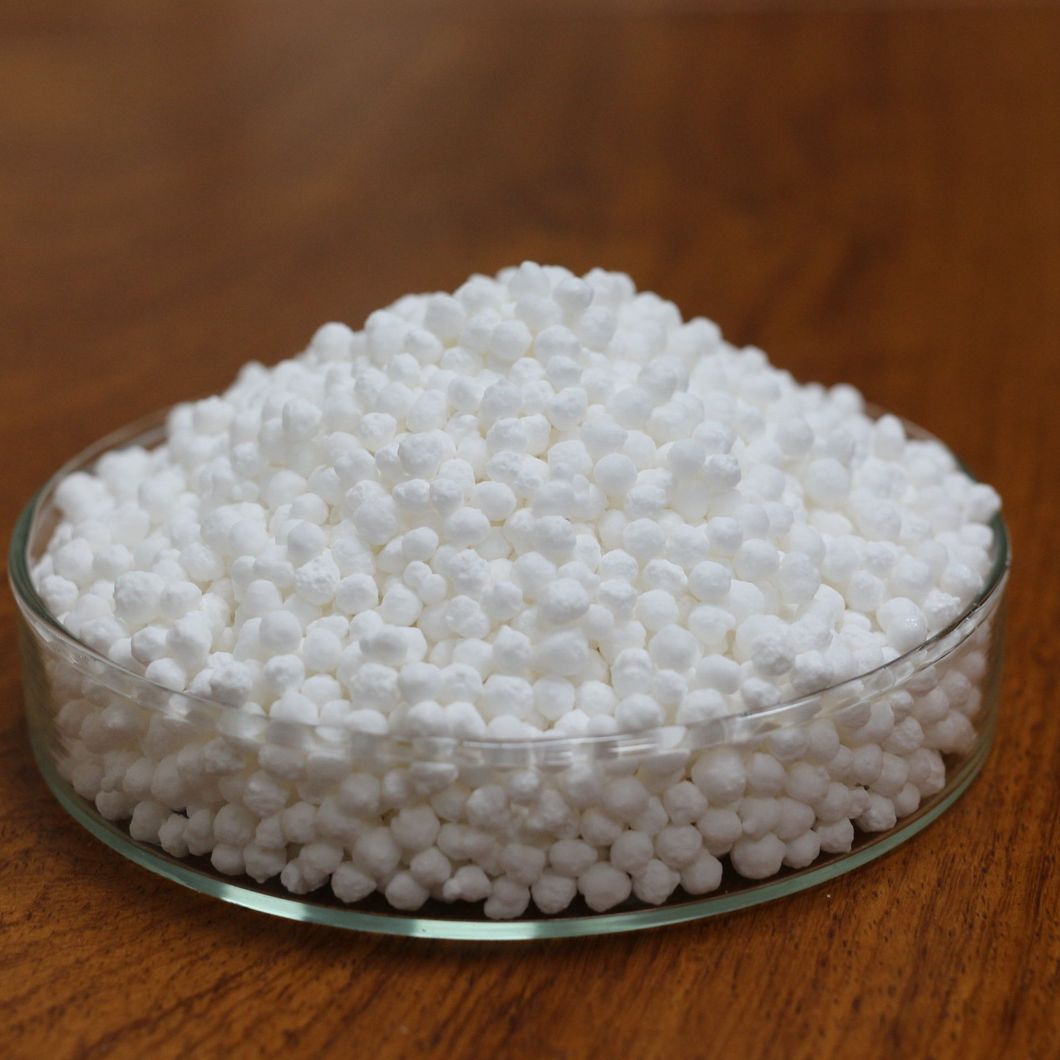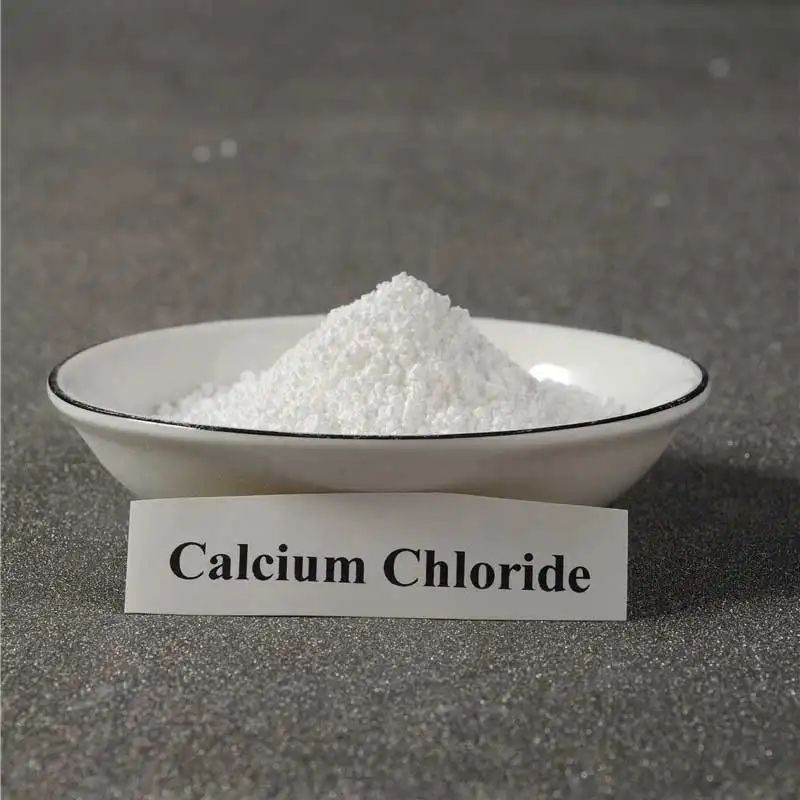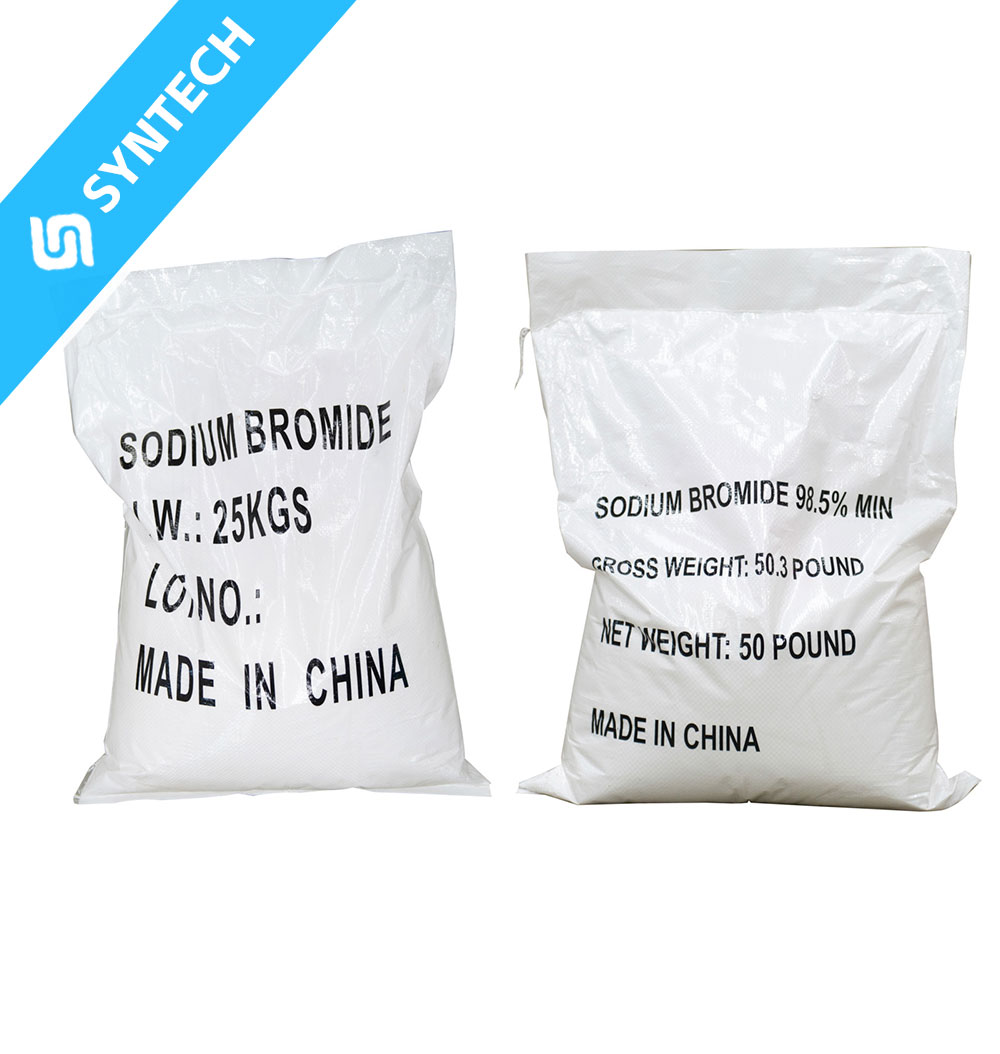Calcium Chloride 94% prills
Certificate of Analysis
Calcium Chloride anhydrous
| Production Date:25th April,2023 | Batch No.: 2023042501 | |
| Test Date:25th April,2023 | Report No.: 2023042501 | |
| Inspection Items | Technical Index | Inspection Results |
| Molecular Formula | CaCl2 | |
| Calcium Chloride % | 94.0%min | 95.4 |
| Moisture % | 0.5%max | 0.22 |
| Water insolubles % | 1% max | 0.36 |
| SG of 59.6g CaCl2 in 100ml water | 1.39min | 1.40 |
| Iron (Fe)% | 0.01%max | 0.004 |
| Sulphate (SO4) | 0.2% max | 0.1 |
| Water Solubility % | 99%min | 99.5% |
| PH | 7.5~11.0 | 9.2 |
| Result | Pass test | |


Calcium Chloride (CaCl₂): Properties, Industrial Applications, and Uses
Calcium chloride (CaCl₂) is an inorganic compound widely used in various industries due to its hygroscopic nature, high solubility, and exothermic dissolution properties. It is available in anhydrous form (without water molecules) or as hydrates (e.g., dihydrate CaCl₂·2H₂O and hexahydrate CaCl₂·6H₂O).
This article explores calcium chloride’s key properties, major industrial applications, safety considerations, and emerging trends in its usage.
1. Physical and Chemical Properties of Calcium Chloride
Calcium chloride exhibits several unique characteristics that make it valuable across industries:
1.1 Physical Properties
- Appearance: White crystalline solid (anhydrous) or colorless hygroscopic flakes/pellets
- Molecular Weight: 110.98 g/mol (anhydrous)
- Melting Point: 772°C (anhydrous), 30°C (hexahydrate)
- Boiling Point: 1,935°C (anhydrous)
- Density: 2.15 g/cm³ (anhydrous)
- Solubility: Highly soluble in water (74.5 g/100 mL at 20°C), ethanol, and acetone
1.2 Chemical Properties
- Hygroscopicity: Absorbs moisture from the air, making it useful as a desiccant
- Exothermic Dissolution: Releases heat when dissolved in water (used in heating pads)
- Deliquescent: Can dissolve in its own absorbed water at high humidity
- Reactivity: Reacts with carbonates to form calcium carbonate (CaCO₃) and with sulfates to form gypsum (CaSO₄)
2. Major Industrial Applications of Calcium Chloride
Calcium chloride is used across multiple industries due to its versatility. Below are its key applications:
2.1 Deicing and Dust Control
- Road Deicing: Lowers the freezing point of water, preventing ice formation on roads (effective down to -52°C).
- Airport Runways: Used in liquid form for anti-icing before snowstorms.
- Dust Suppression: Applied on unpaved roads and mining sites to reduce airborne dust.
2.2 Food Industry
- Preservative & Firming Agent: Used in canned vegetables, sports drinks, and cheese-making to maintain texture.
- Electrolyte Replenishment: Added to sports beverages (e.g., Gatorade) for hydration.
- Brewing: Adjusts water hardness in beer production.
2.3 Construction
- Concrete Accelerator: Speeds up curing in cold weather by generating heat.
- Soil Stabilization: Strengthens weak soils for road and foundation construction.
2.4 Oil & Gas Industry
- Drilling Fluids: Controls shale swelling in oil wells.
- Fracking: Increases fluid density in hydraulic fracturing.
2.5 Medical & Pharmaceutical
- IV Solutions: Treats calcium deficiencies (hypocalcemia).
- Hemostatic Agent: Stops bleeding in emergency medicine.
2.6 Other Uses
- Desiccant: Used in drying tubes and packaging to prevent moisture damage.
- Aquarium Additive: Maintains calcium levels in marine tanks.
- Wastewater Treatment: Removes phosphates and heavy metals.
3. Safety and Environmental Considerations
While calcium chloride is generally safe, precautions must be taken:
3.1 Health Hazards
- Skin/Eye Contact: Can cause irritation due to exothermic reaction with moisture.
- Ingestion: Large amounts may lead to hypercalcemia (excess calcium in blood).
- Inhalation: Dust can irritate respiratory passages.
3.2 Environmental Impact
- Soil Salinization: Overuse in deicing can harm plants.
- Water Contamination: High chloride levels may affect aquatic life.
4. Future Trends and Alternatives
- Bio-based Deicers: Beet juice and cheese brine blends are being tested as eco-friendly alternatives.
- Recycled Calcium Chloride: Recovered from industrial waste (e.g., brines).
- Smart Concrete: Self-healing concrete using CaCl₂ for crack repair.
Conclusion
Calcium chloride is a multipurpose industrial chemical with applications in deicing, food processing, construction, and medicine. While effective, its hygroscopic and corrosive nature requires careful handling. Future trends focus on sustainable alternatives and recycling methods to reduce environmental impact.







